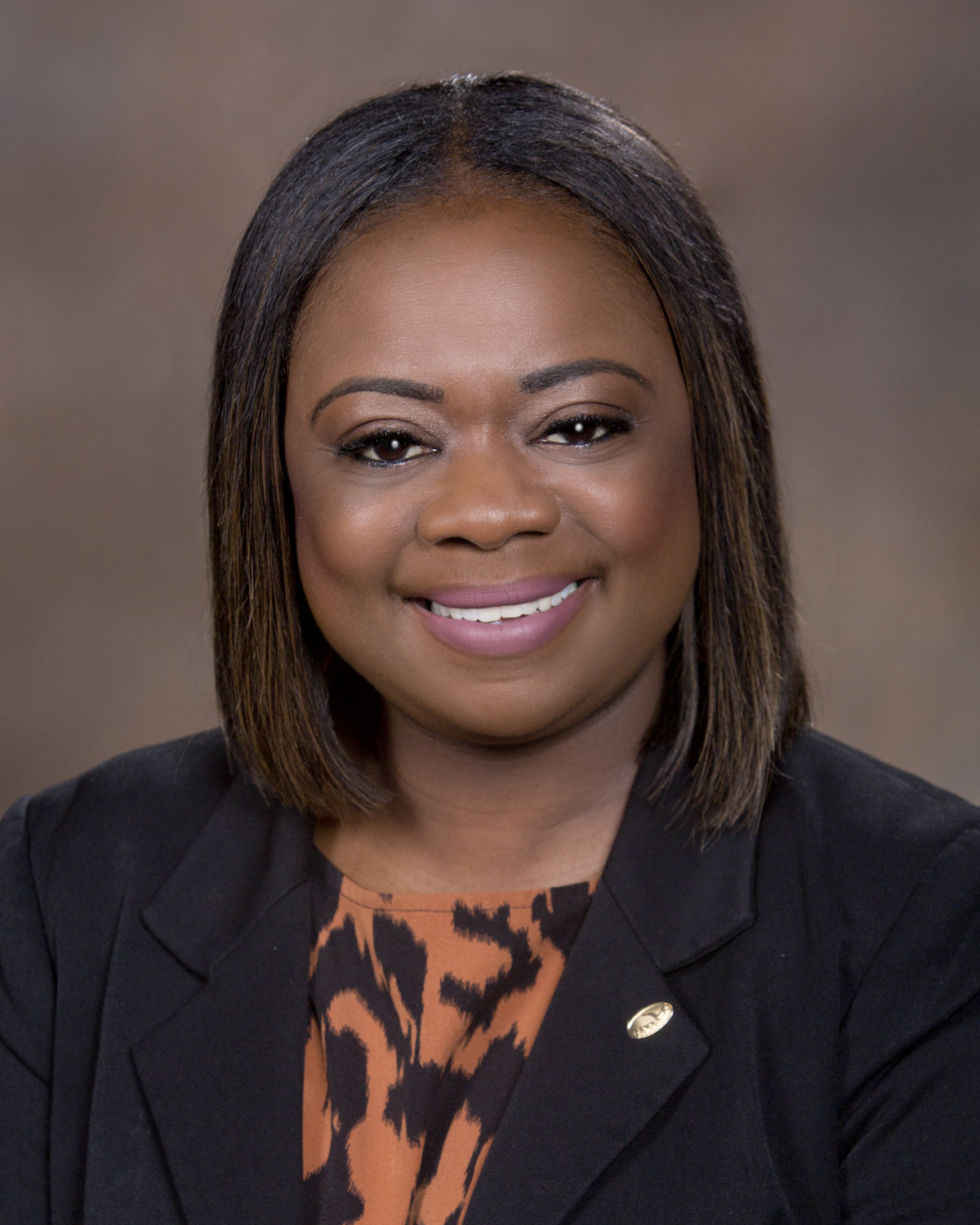In celebration of Global Money Week, we spoke with 4 women in banking to learn their recommendations for financial literacy for young women and girls. Next up in this series is Kimberly Lee, financial inclusion officer for Hope Credit Unit. Keep scrolling to read our Q&A with Kimberly.
What inspired you to pursue a career in banking?
I always say, “Banking chose me.” I always had a desire to work at a bank, but my dream was to be an attorney. As a child, I enjoyed going to the bank with my mother and watching the women inside the bank greet us with smiles, count out the money while wearing beautiful business suits and dresses. After graduating from college and getting an unhappy experience of the legal profession, I decided to return to the banking industry. From then on, I said this is where I am supposed to be, and here I am fifteen-plus years later.
What advice would you give young girls and women considering entering the financial industry?
I recommend learning about all areas of banking to determine where you want to start. Once you get hired, take the time to learn about the industry and how you would like to grow within the field. The industry is filled with so many opportunities. At the beginning of my career, I was exclusively exposed to the operational area of banking as a ten-key proof operator. A lot of my time was in the operations department where I thought I wanted to stay. Then later, I moved to retail and mortgage operations. Eventually, I was promoted to a position I perceived was the top of the chain for women. I became a branch manager. I’ve continued to advance in the financial industry and it’s because I look for other opportunities to learn. I‘ve realized there are still areas of banking I have yet to experience.
What are common misconceptions about managing money that you’ve encountered, and how can women overcome them to take control of their financial futures?
One common misconception about personal finances is that you’re the only one dealing with financial struggles. When I first worked in banking, I was a young single mother, attending college with two young sons. I was the head of my household, and my financial struggles felt daunting, and like I was the only one dealing with them. I thought I was the only one making these mistakes, but I was not. I’ve learned that women of all ages and backgrounds can experience the same struggles when balancing a checkbook, paying bills and caring for their families. Learning how to “manage money” or live within your budget plan has to be taught. If our parents or guardians don’t teach us these lessons, life will teach us through learned lessons.
To take control of your financial future, you must be honest with yourself about your finances and understand the actual value of money. The best way to do that is with a monthly budget. But if you don’t do that, it’s critical that you at least understand the ins and outs of a budget plan, including income and expenses, needs and wants, and making better decisions about spending money. Another good tip is to develop a relationship with a financial institution that offers a personal banking experience. You can take that to the next level by having a financial planner who can help you get on track and stay on track with your current and future financial goals. These individuals are like insurance agents because they’re there when you need them.
What advice do you have for navigating and advancing in a male-dominated field?
While women have come a long way in the banking industry, including making up 46% of the workforce, we still face certain barriers. FastCompany.com released an article about the gender wage gap in the finance industry, stating, “While the average woman’s salary was $105,000 a year, men made around $15,000 more.” This is not okay. As women, we must continue fighting for equality and equity in the industry. We must keep conversations about salaries, opportunities, career development and leadership advancement at the forefront. Our voices, desires and presence need to be heard.
That’s why I’m honored to work at Hope Credit Union, a minority women-led organization that focuses on providing opportunities for women to grow in this male-dominated field. I’m always looking for opportunities to be a voice and face for the financial industry, both a woman and a minority woman. I am honored to be part of a Black Women in Banking sisterhood where we talk about navigating and advancing in this industry. I encourage other women to find your sisterhood of like-minded, motivated game-changers.
Please share any personal experiences or lessons learned from your financial journey that may resonate with other women striving for financial success.
Seek help from family, friends and financial advisors.
I am not alone. Other women have been in the same place and have overcome similar financial struggles.
Everyone’s finances are different. Stop comparing your income, expenses and spending habits to those around you. Understand the state of your finances and spending habits and how it will impact your future.
There is success after financial lessons. I’m in a much better place financially than I was 10 years ago. Even when it feels impossible, stability and success can come.
If you’re seeking a career in finance, GO FOR IT! There are so many opportunities available, and the joy brought on by helping others in reaching their financial goals is amazing.
Kimberly M. Lee, MBA, is a Financial Inclusion Officer at Hope Credit Union. She is a financial educator, a branding, marketing, and business consultant and a community leader. Kim serves as a volunteer with WFA’s Women’s Economic Mobility Hub program, sharing her financial expertise with Black women entrepreneurs to help participants increase their awareness and access to capital.
To learn more about WFA’s financial empowerment resources, visit our SAVE 10 page!
